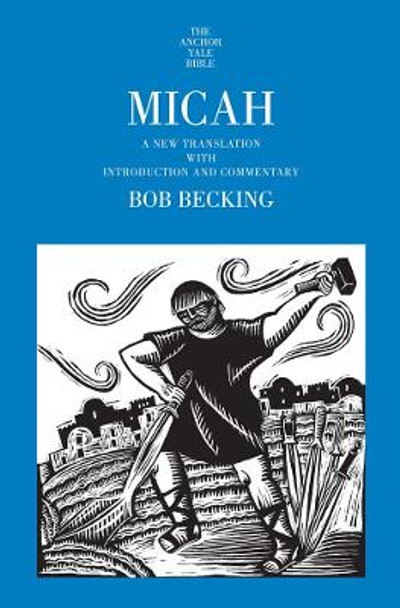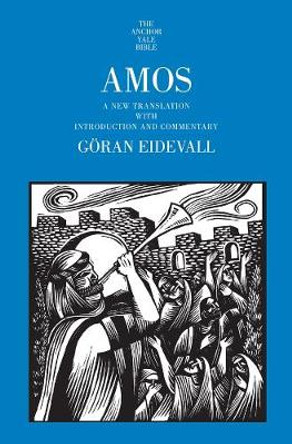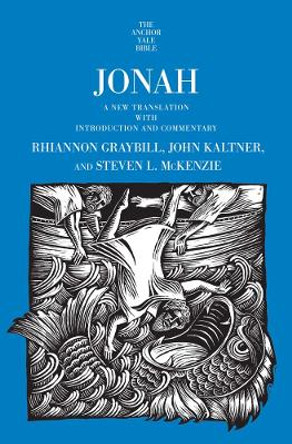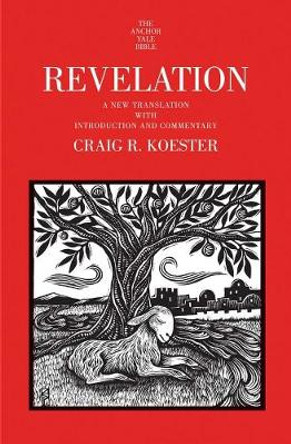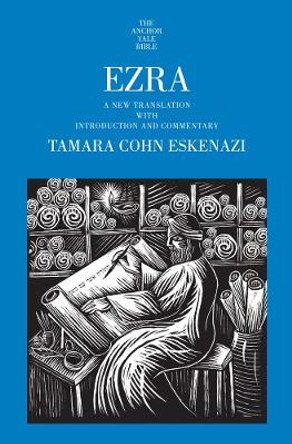Description
While the biblical book of Micah is most famous for its images of peace-swords forged into to plowshares, spears turned into pruning hooks-and its passages of prophetic hope, the book is largely composed of prophecies of ruin. The historical Micah, who likely lived in the late eighth century BCE, is the first recorded prophet to predict the fateful fall of Jerusalem, and he also foretells the destruction of the regions of Samaria and Judah, in addition to the more well-known promises of Judah's eventual restoration.
Bob Becking translates the Hebrew text anew and illuminates the book's most important elements, including its literary features, political context, and composition history. Drawing on ancient Near Eastern comparative evidence, archaeological notes, and inscriptions, Becking surveys the debates surrounding the book's interpretation and argues that it be regarded as three separate source texts: the early first chapter; a large middle section containing a proto-apocalyptic, alternating prophetic futurology collected and molded by a later redactor; and an added section advocating for legal reform under Josiah.
About the Author
Bob Becking is emeritus senior research professor of Old Testament studies at Utrecht University. He is the author of many books, including Identity in Persian Egypt: The Fate of the Yehudite Community of Elephantine. He lives in Woerden, the Netherlands.
Reviews
"A great scholarly achievement. With expert knowledge of biblical prophetic literature and its historical contexts, Becking offers an illuminating new perspective on the book of Micah."-Goeran Eidevall, Uppsala University
Book Information
ISBN 9780300159950
Author Bob Becking
Format Hardback
Page Count 304
Imprint Yale University Press
Publisher Yale University Press

